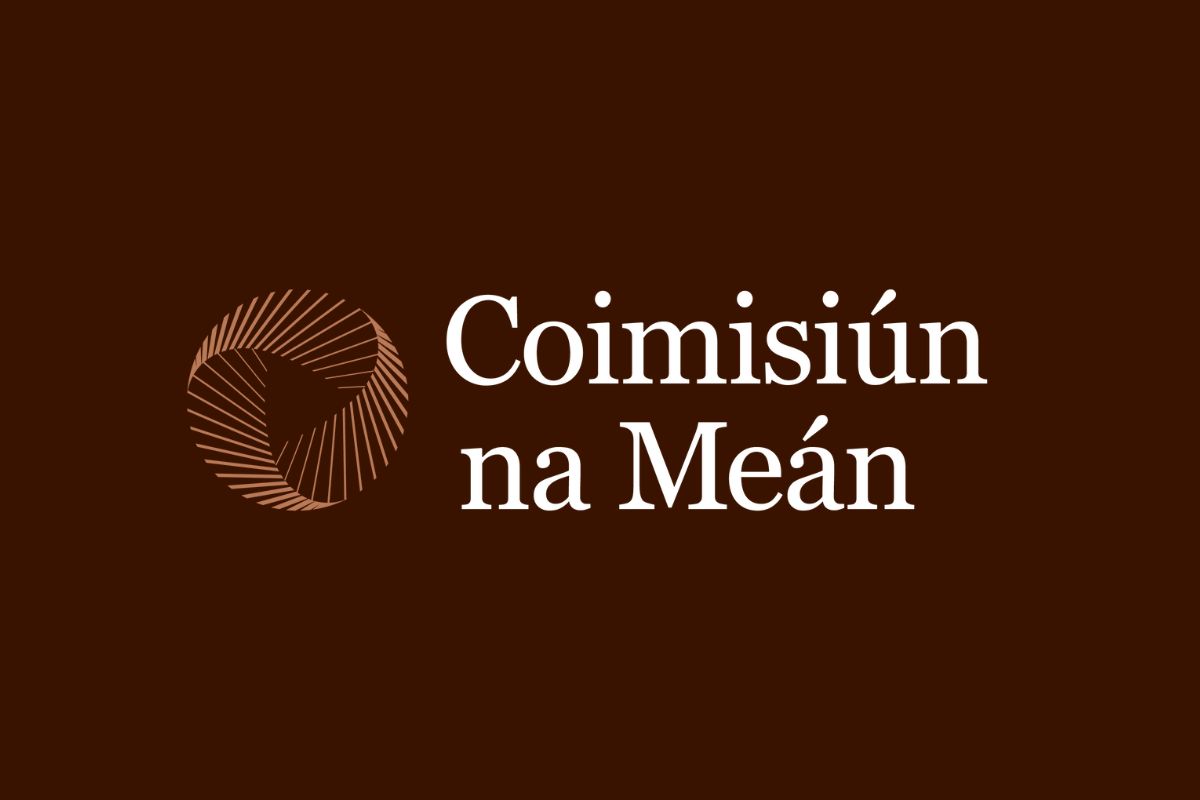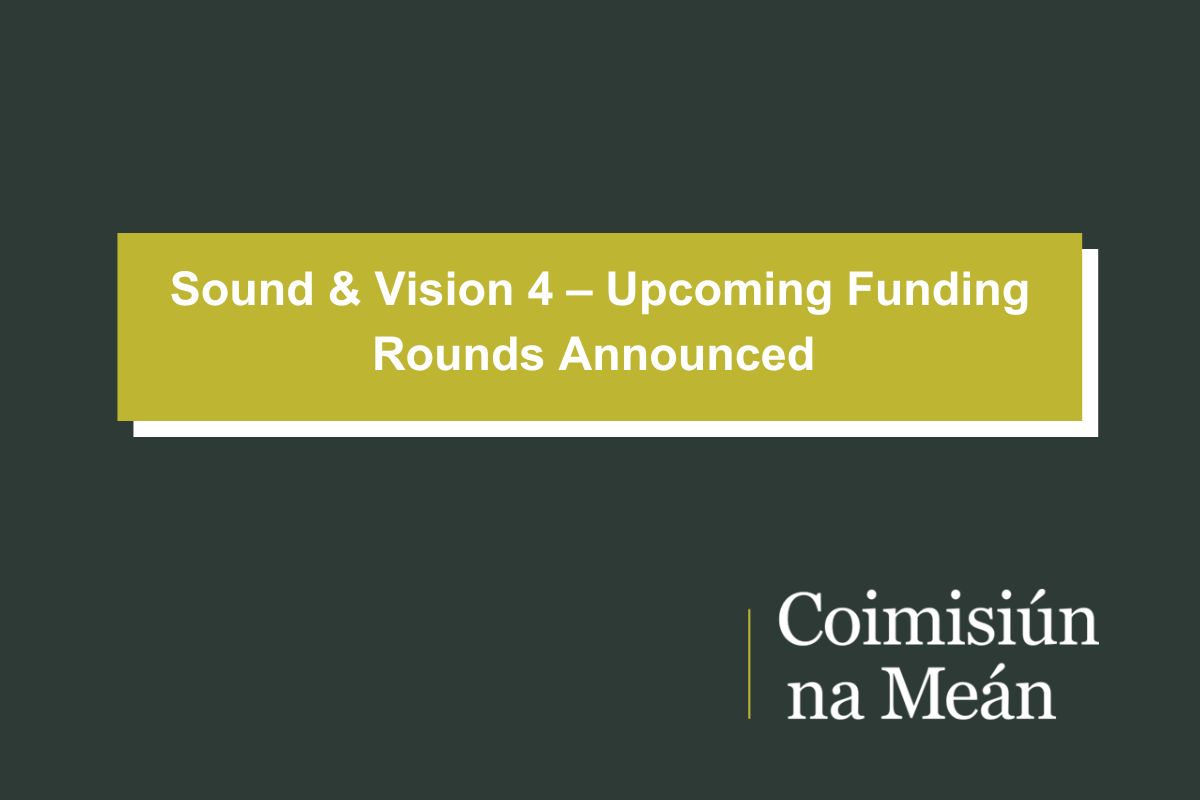50 projects supported under Sectoral Learning and Development Programme and Sponsorship Scheme
A creative media programme focusing on young people from under-represented, low income and ethnic minorities (Gorm Media’s Wideshot programme) and a talent development network addressing the lack of gender diversity in the Irish screen industry (X-Pollinator) are among the projects to be funded under Coimisiún na Meán’s Sectoral Learning and Development Programme and Sponsorship Scheme.
Both funding programmes support organisations, networks and representative groups to deliver a range of initiatives, training programmes, events and activities across the media sector. In all, almost €800k has been awarded to 50 projects this year.
Some €550k has been allocated under the Sectoral Learning and Development Programme to enhance media sustainability, creativity and diversity. Nineteen networks, representing commercial and community media; industry specific groups such as producers, animators, and journalists; advocacy organisations for gender, equality and inclusion, and promotion of the Irish language, have secured funding.
The Learning Waves Journalism Graduate Programme will continue to be supported under the Sectoral Learning and Development Programme in 2024. This programme sees 10 journalism graduates from across Ireland awarded an internship in a local commercial radio station. A focus of the 2024 programme will be news content for multiple platforms, scriptwriting for news, court reporting, and the promotion and creating of Irish language content.
Separately, more than €245k in funding has been awarded to 30 applicants under Coimisiún na Meán’s Sponsorship Scheme. This supports media-related events and activities that align with and raise awareness of the role and work of An Coimisiún. Sponsored events include festivals that increase the prominence of culturally relevant audiovisual content for Irish audiences, and award ceremonies highlighting the diverse talent and creativity across the media sector. Sponsored events focusing on other aspects of Coimisiún na Meán’s remit include a media literacy workshop, the Mental Health Media Awards, and a Children & Young People’s Assembly on Online Bullying.
Commenting, Media Development Commissioner Rónán Ó Domhnaill said: “Coimisiún na Meán is delighted to be in a position to invest more than three-quarters of a million euro in supporting Irish media through the Sectoral Learning and Development Programme and Sponsorship Scheme this year.
The funded projects align with our aim to develop a thriving, diverse and safe media landscape. These are hugely valuable projects that work to enrich our media sphere for viewers and listeners “
Commenting on its funding allocation, Learning Waves Project Manager Teresa Hanratty said: “We are thrilled to have secured funding again this year for our Journalism Graduate Programme. An Coimisiún’s funding and development programmes are of huge importance to the media sector and our award this year enables us to continue our internship programme, providing a pathway for new journalists to gain invaluable experience and also a pipeline of new talent for the independent radio sector. The impact of the programme was recognised by the Institute of Learning and Development at Learning and Development Awards in September 2023 when it was awarded Best Graduate Development Initiative. This award underlines the significant impact this programme has on graduates and stations across the Independent Radio Sector in Ireland.” The full list of successful funding recipients for 2024 under the Coimisiún na Meán Sectoral Learning and Development Programme and Sponsorship Scheme can be found here.




